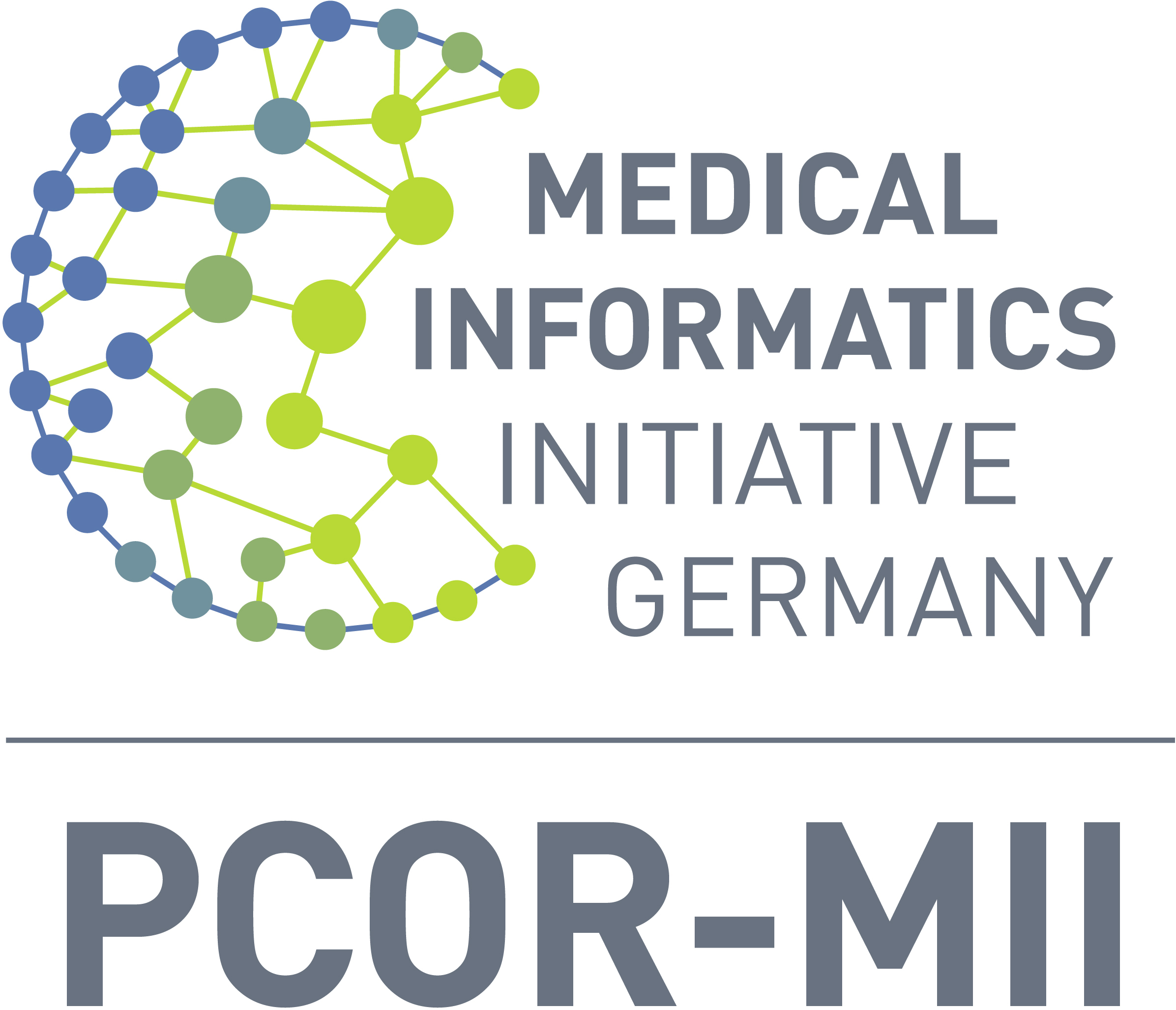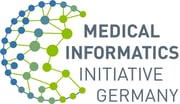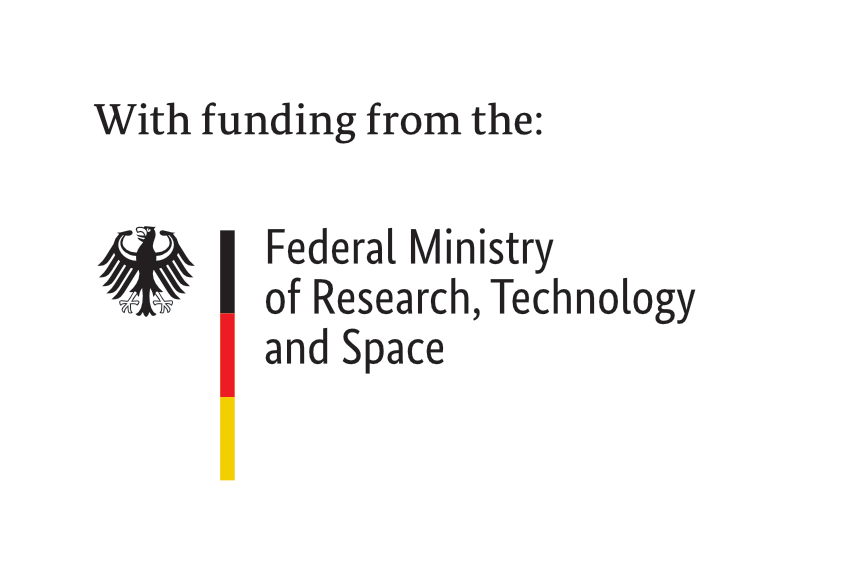Use Case PCOR-MII
Patient-Centered Outcomes Research within the Medical Informatics Initiative (MII)
Challenges
Increasing life expectancy and the growing proportion of older people in industrialized countries mean that chronic diseases now account for more than 80% of the global disease burden. This results in new challenges for medicine: It is necessary to develop an optimized, multidimensional disease management and at the same time to pursue an improved quality of life as a central treatment goal.
In doing so, it is crucial to include the patient’s perspective. They best understand the everyday effects of their illness and can provide valuable insights into the effectiveness and tolerability of therapies. Such inclusion of the patient perspective not only leads to patient-oriented, individualized treatment, it also enables faster interventions in the event of deterioration and at the same time strengthens the therapeutic relationship. This enables comprehensive, holistic care that takes into account both objective medical indicators and the subjective well-being of the patient. The measurement of the subjectively experienced state of health with the help of patient-reported outcomes (PROs) in the form of questionnaires plays a decisive role in the implementation.
Prof. Dr. Matthias Rose
Clinic Director | Internal Medicine | Psychosomatic Medicine | Psychotherapy | Charité - Universitätsmedizin Berlin
Health data reported by patients should be just as available as a laboratory value - that is our mission.
Goals
This is exactly where the PCOR-MII network comes in. The aim is to establish the digital recording of PROs in clinics and to integrate them into the national core data set of the Medical Informatics Initiative (MII). This should make it possible to evaluate this in connection with other medical information - for example on therapy and diagnostics - and to research valuable connections between the subjective and objective parameters for measuring the success of the therapy.
PCOR-MII's digital solutions are intended to be used in three specific clinical scenarios: anorexia nervosa, persistent somatic symptoms and renal transplant follow-up. In the case of anorexia nervosa, risk factors should be better understood, effective treatments should be identified in the case of persistent somatic symptoms, and long-term medication should be ensured in the case of kidney transplants.

Prof. Dr. Fabian Prasser
Professor for Medical Informatics at the Charité - Universitätsmedizin Berlin and at the Berlin Institute of Health (BIH)
In PCOR-MII we build bridges between medicine and computer science in order to put the patient at the center.
Avancing the medical care of patients with chronic diseases
PCOR-MII is a collaborative project that brings together patient initiatives, medical informatics specialists and clinicians from various disciplines from 11 MII locations, as well as international initiatives measuring PROs and technology partners. The project ties in with the developments of the network of university medicine (NUM) and places a special focus on user-oriented functions as well as legal and interoperability aspects. With this project we want to contribute to decisively advancing the medical care of patients with chronic diseases.
Pictures of Prof. Rose and Prof. Prasser: ©W. Peitz / Charité - Universitätsmedizin Berlin
Contact
Prof. Dr. Fabian Prasser
Medical informatics | Berlin Institute of Health at the Charité - Universitätsmedizin Berlin
Charitéplatz 1, 10117 Berlin | Telephone: +49 152 04 31 80 73 | Email: fabian.prasser@charite.de



